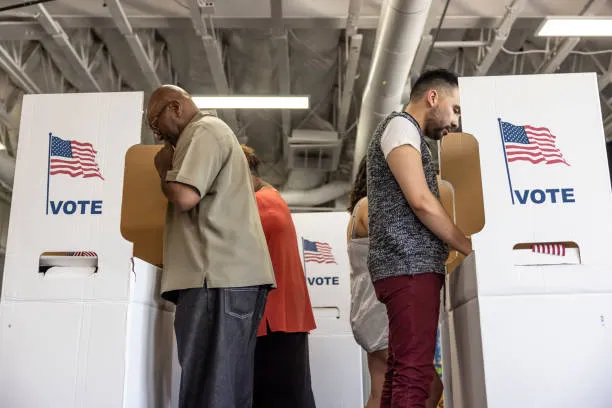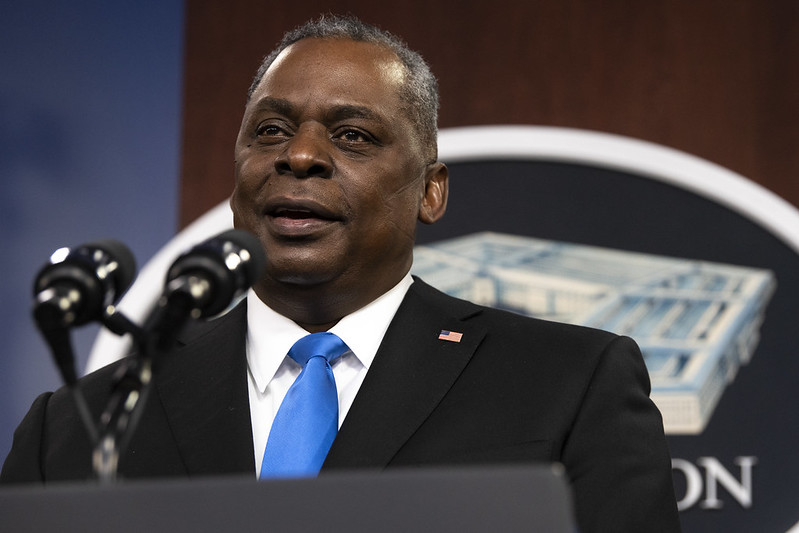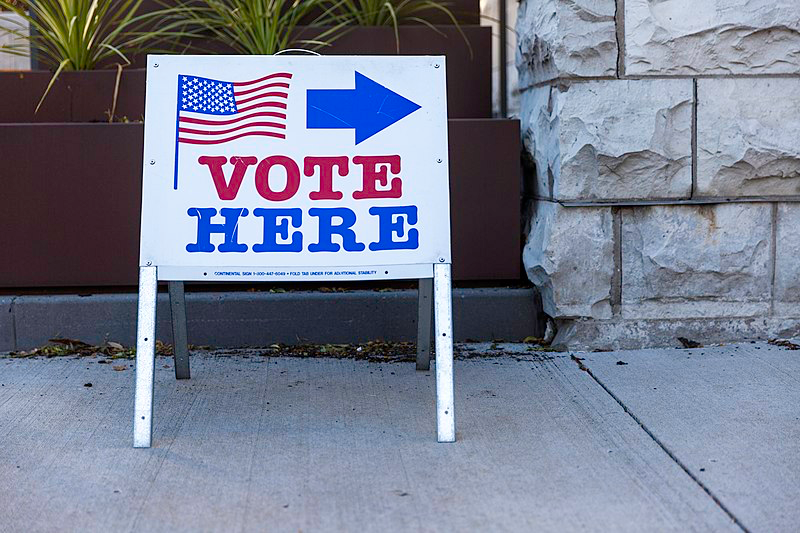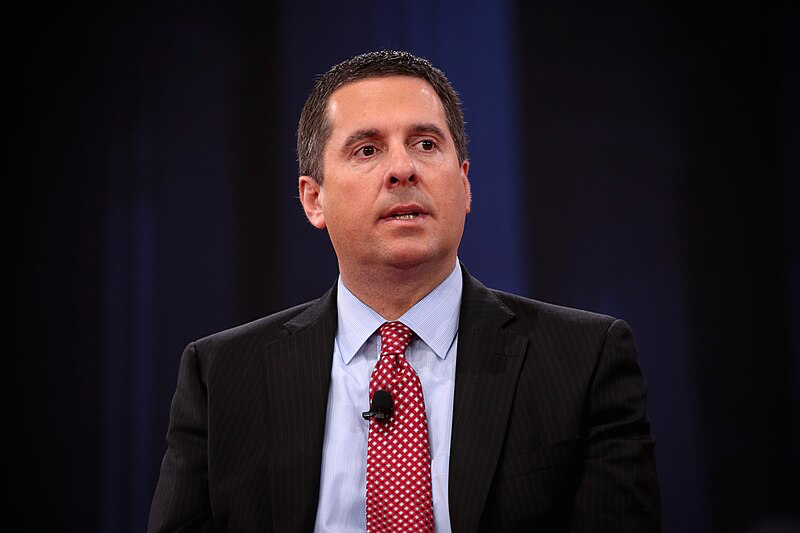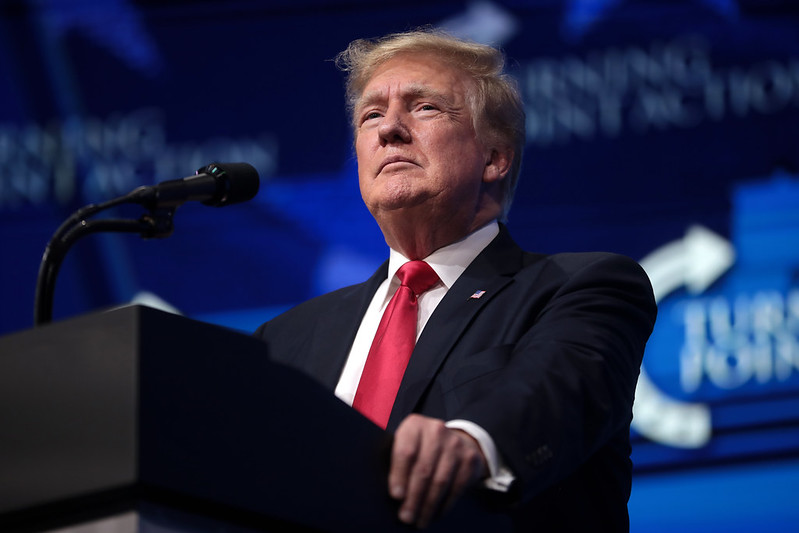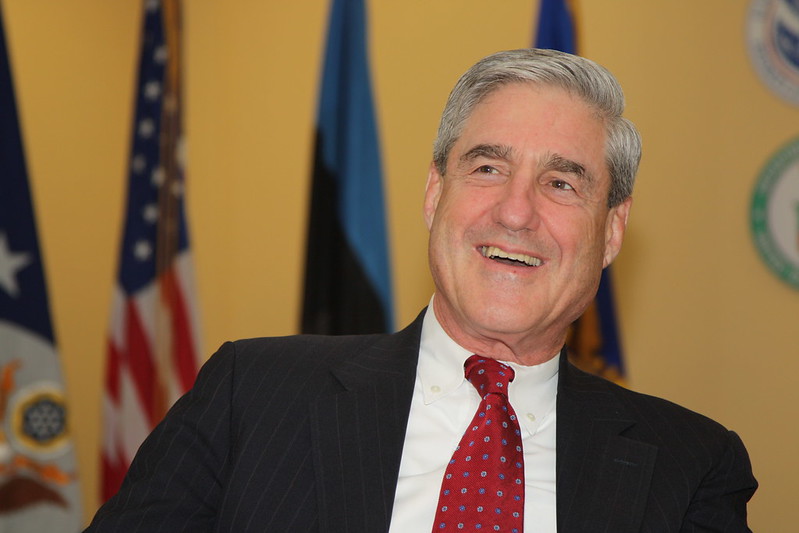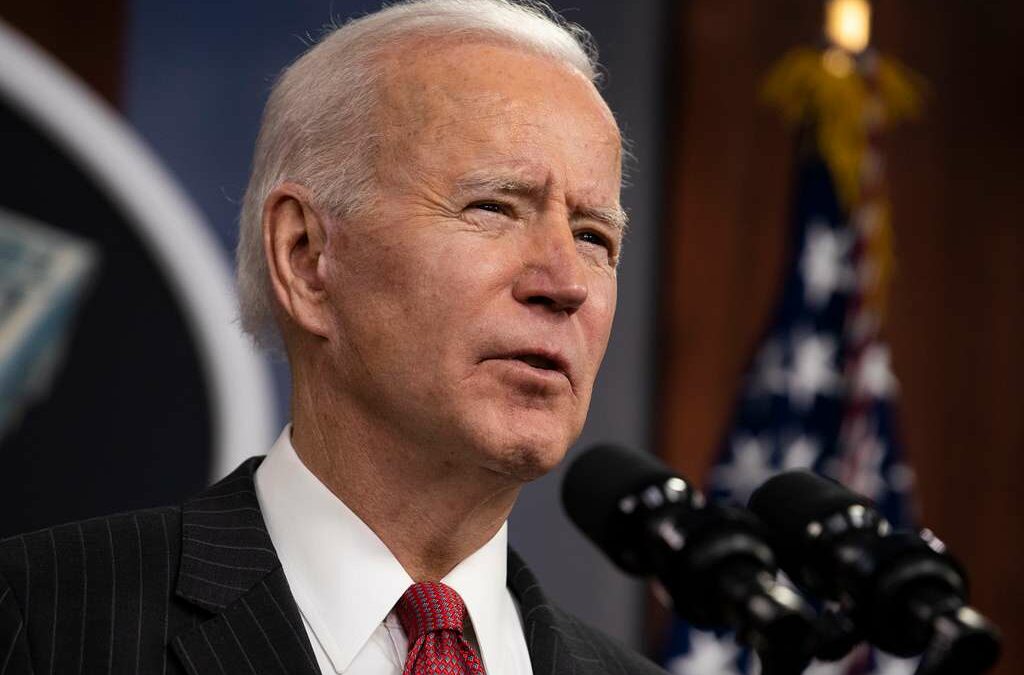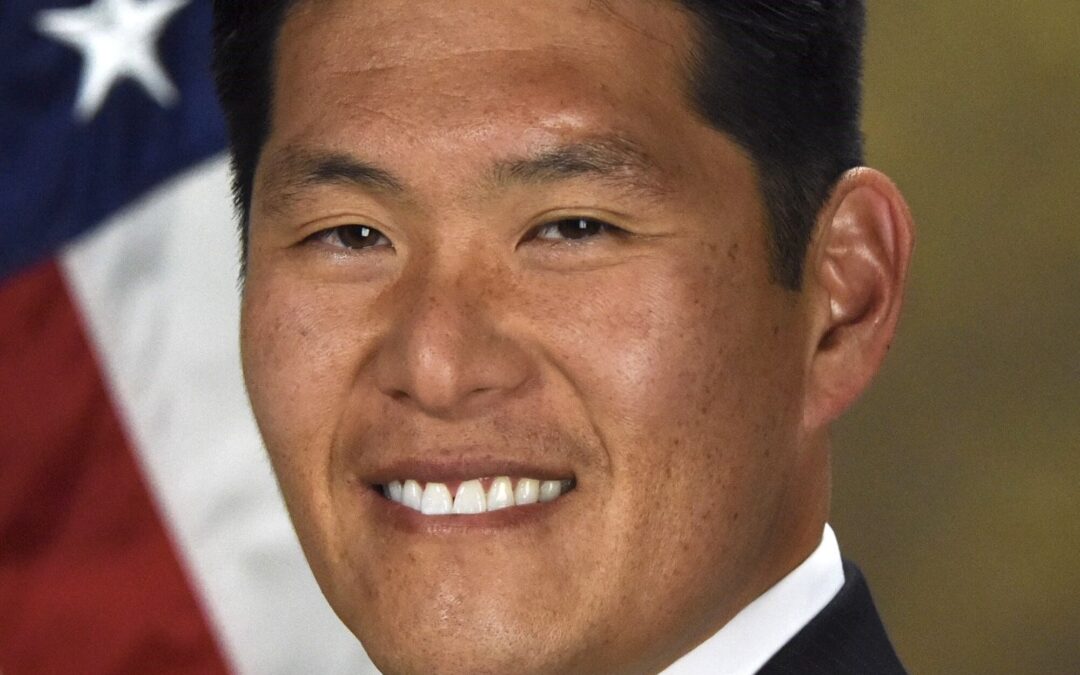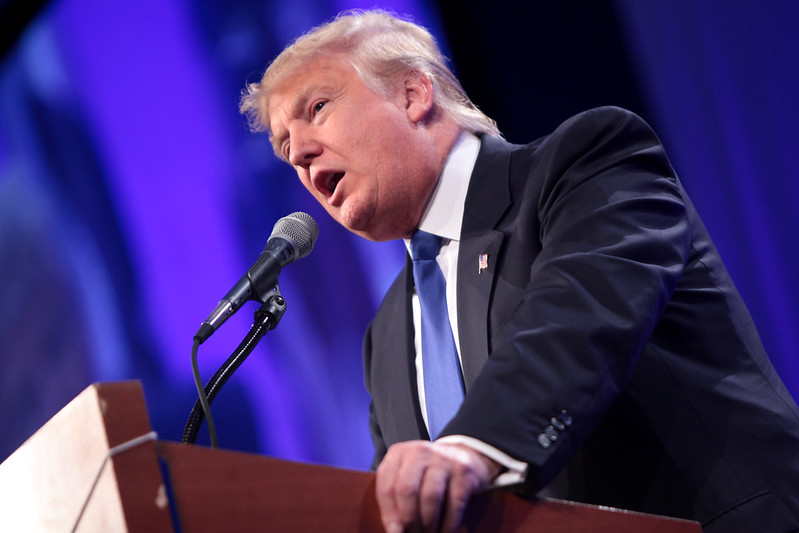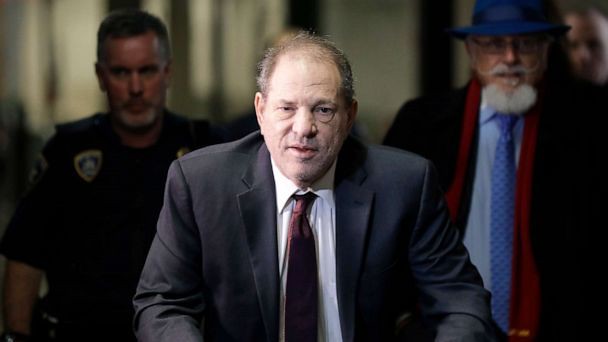“Human error” and “technical glitch” are terms we have been forced into accepting as status quo regarding our elections. Whether it's a “technical glitch” in Northampton Co, PA that caused “yes” and “no” votes to switch in a judicial race last November. Or a human error programming USB cards that caused votes to flip in Cherokee County, KS commissioner race in August 2022. Or “human error” in Antrim County, MI that temporarily showed Joe Biden as the winner in the Republican stronghold in 2020. Or, of course, 19″ ballots being printed on 20″ paper in the 2022 gubernatorial election in Maricopa Co, AZ. This “mistake” disenfranchised thousands of voters by requiring their ballot be placed in “Door #3” to be counted later, outside the purview of voters who deliberately vote in-person on Election Day. Many had to leave without voting because of the hour(s)-long lines caused by the rejected ballots.
Yet another example has emerged in Yavapai County, AZ this week as 3,944 voters “who are not on the Active Early Voter List” were sent the wrong sample ballot ahead of the March 19th primary. According to the Yavapai County Director of Elections, “a printing error occurred during the vendor's production process on 3,944 of the sample ballots.”
A Badlands Media listener sent us their sample ballot that is in a mailer clearly designated as the “Sample Ballot Republican Party Presidential Preference Election,” however, when you look at the sample ballot itself, it only lists the Democrat candidates with the heading “Official Ballot of the Democratic Party” at the top.
The county issued a Public Service Announcement on March 3rd acknowledging the issue from their “vendor”, Arizona-based Runbeck Printing. The Badlands listener who sent us their sample ballot also told us that they inquired with Yavapai about this issue and were told that the ballot files sent to Runbeck were “100% accurate”. They were also told that Runbeck admitted to sending out the sample ballots without proof reading them beforehand. We have reached out to Runbeck and will update the article if we receive a response.
AZ Yavapai Statement by CannCon
The Arizona-based printer with nationwide contracts has been under tremendous scrutiny in the past few elections in Arizona after the discovery that their “Ballot on Demand” system had printed 19″ ballot images onto 20″ paper, causing machines to reject the ballots. Their refusal to comply with both the 2020 Arizona Audit inquiries, as well as Freedom of Information requests for the 2022 Lake v Hobbs trial for CCTV footage sparked further concern among voters not just in Arizona, but nationwide. Especially given that Cyber Ninjas had been compelled by a court as a state contractor to produce records to the media just months before. The same precedent was not applied to Runbeck, however.
Thankfully, this was only a mix-up with the sample ballots, however, if such a discrepancy as switching parties for a voter can go undetected, what else isn't being caught? Earlier this month we learned about a “technical glitch” that caused individuals who hadn't cast a ballot to show up as “voted” in the election system. This was written off as a “coding error” that resulted in a discrepancy in reporting the results at the county level. But this doesn't help with the lack of confidence among voters already, especially since it was only caught because voters who hadn't voted checked to make sure they hadn't voted. How often does that happen?
Recently, the USAToday published an article in which it cites Tammy Patrick, the CEO for programs at the National Association of Election Officials, as saying that internal checks and balances helped make American elections safe and reliable but also acknowledges that the systems were primarily designed “to prevent honest mistakes, not stop criminal behavior.” In both the Yavapai County issue and the Nevada Primary problem, neither was caught by the “system” but rather by citizens who have serious concerns.
Patrick used to be the former federal compliance officer for Maricopa County Elections Department.

